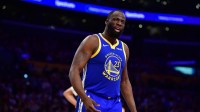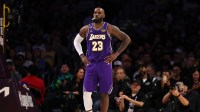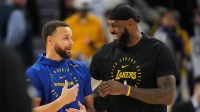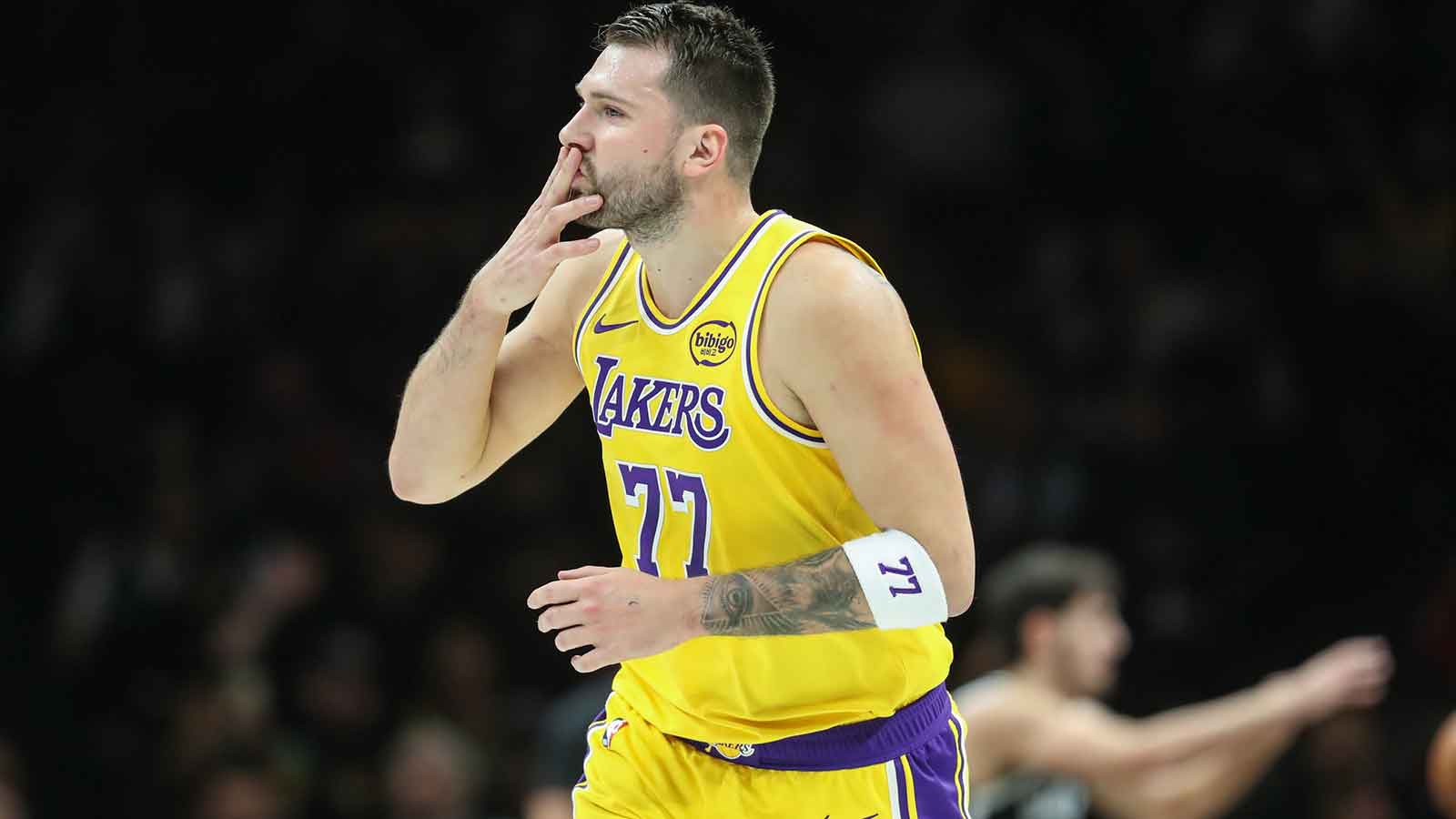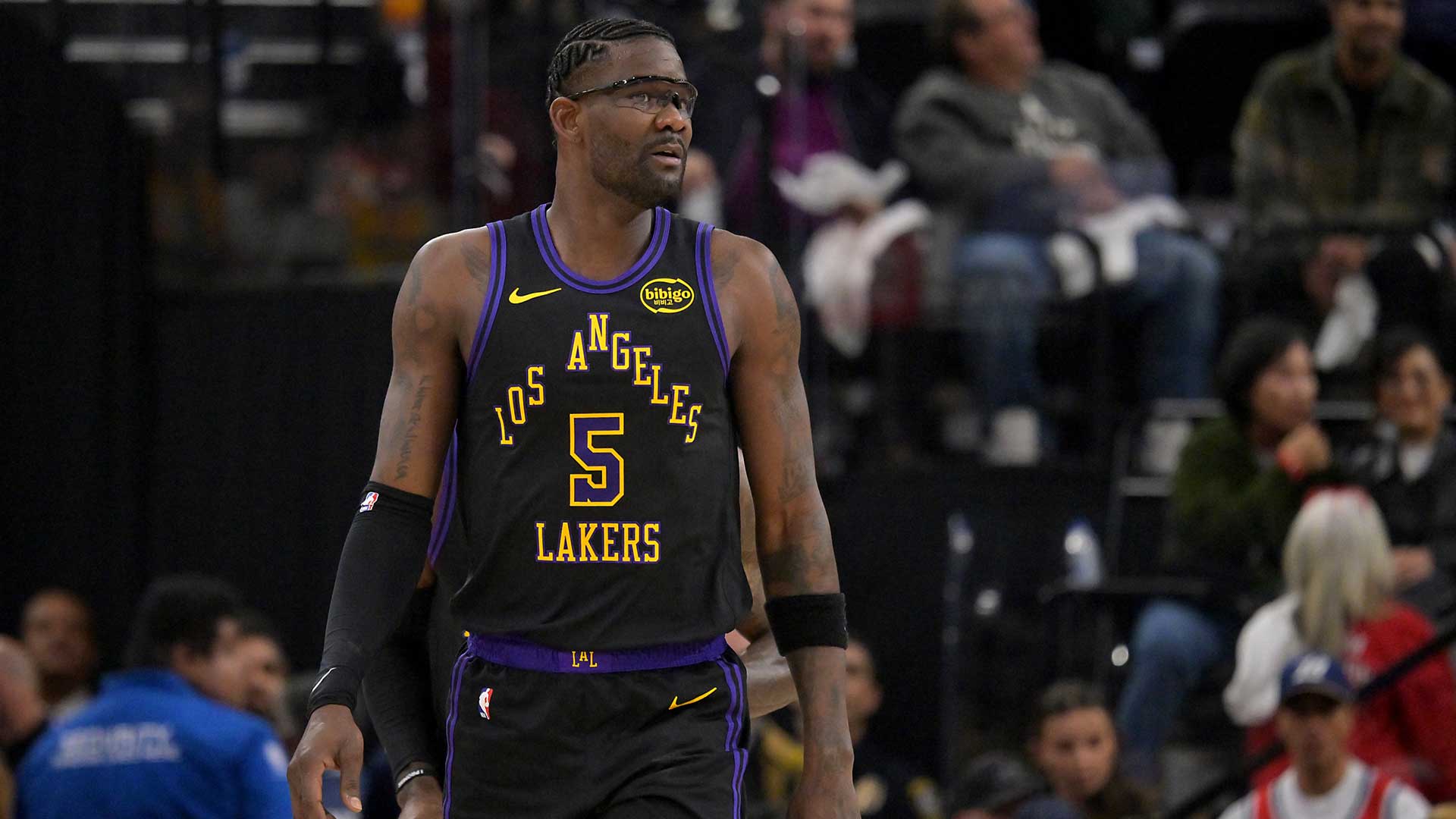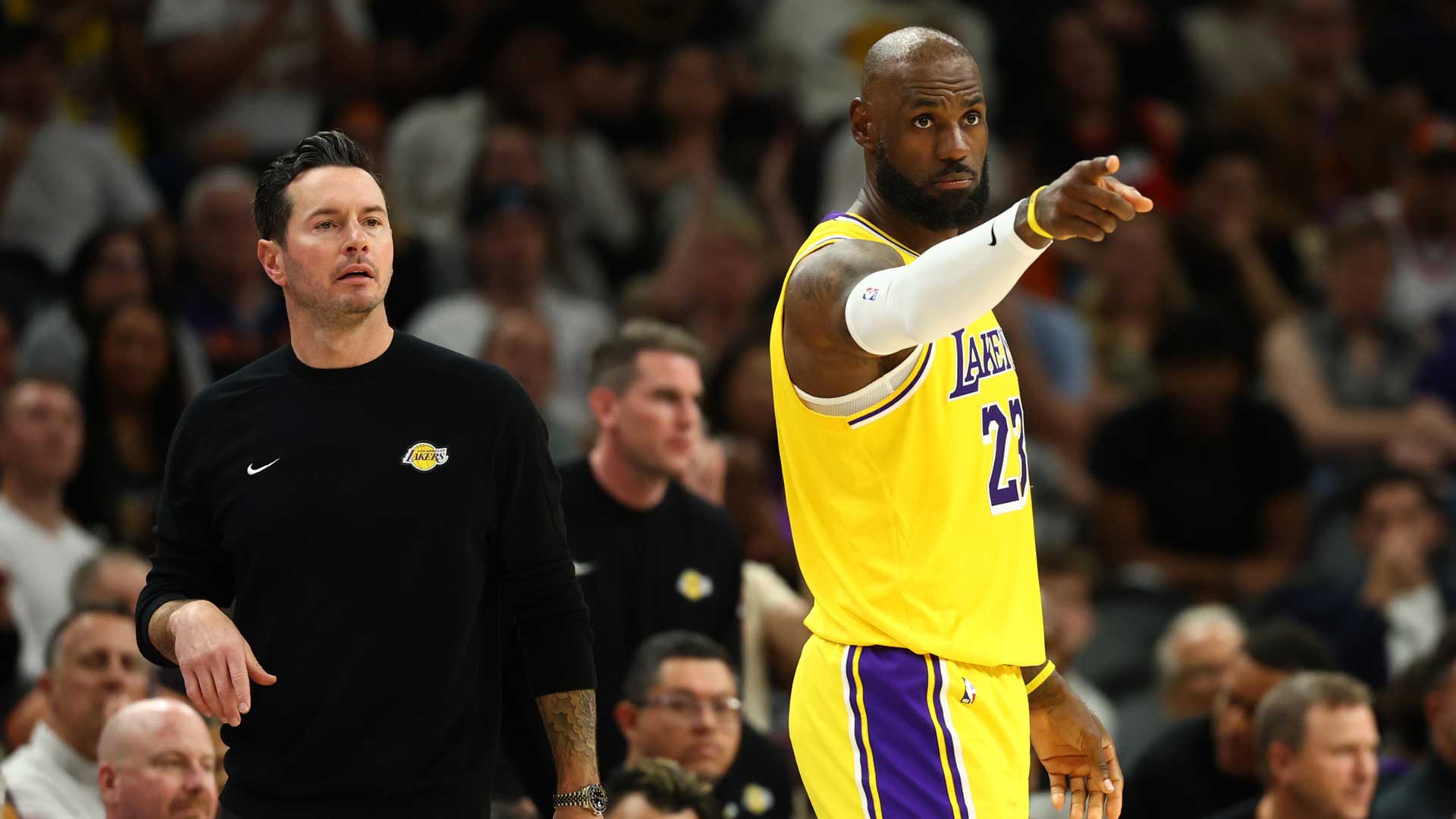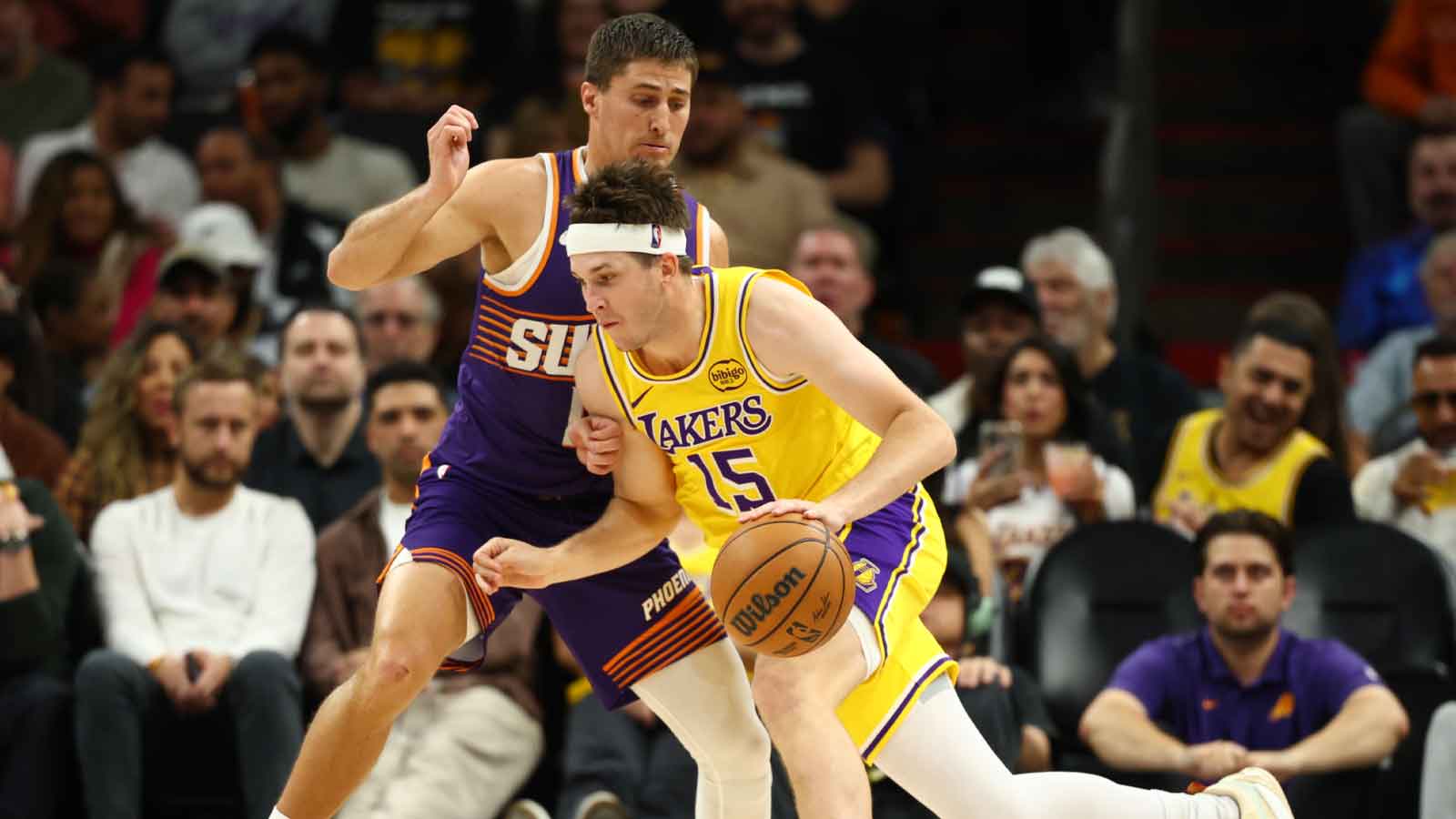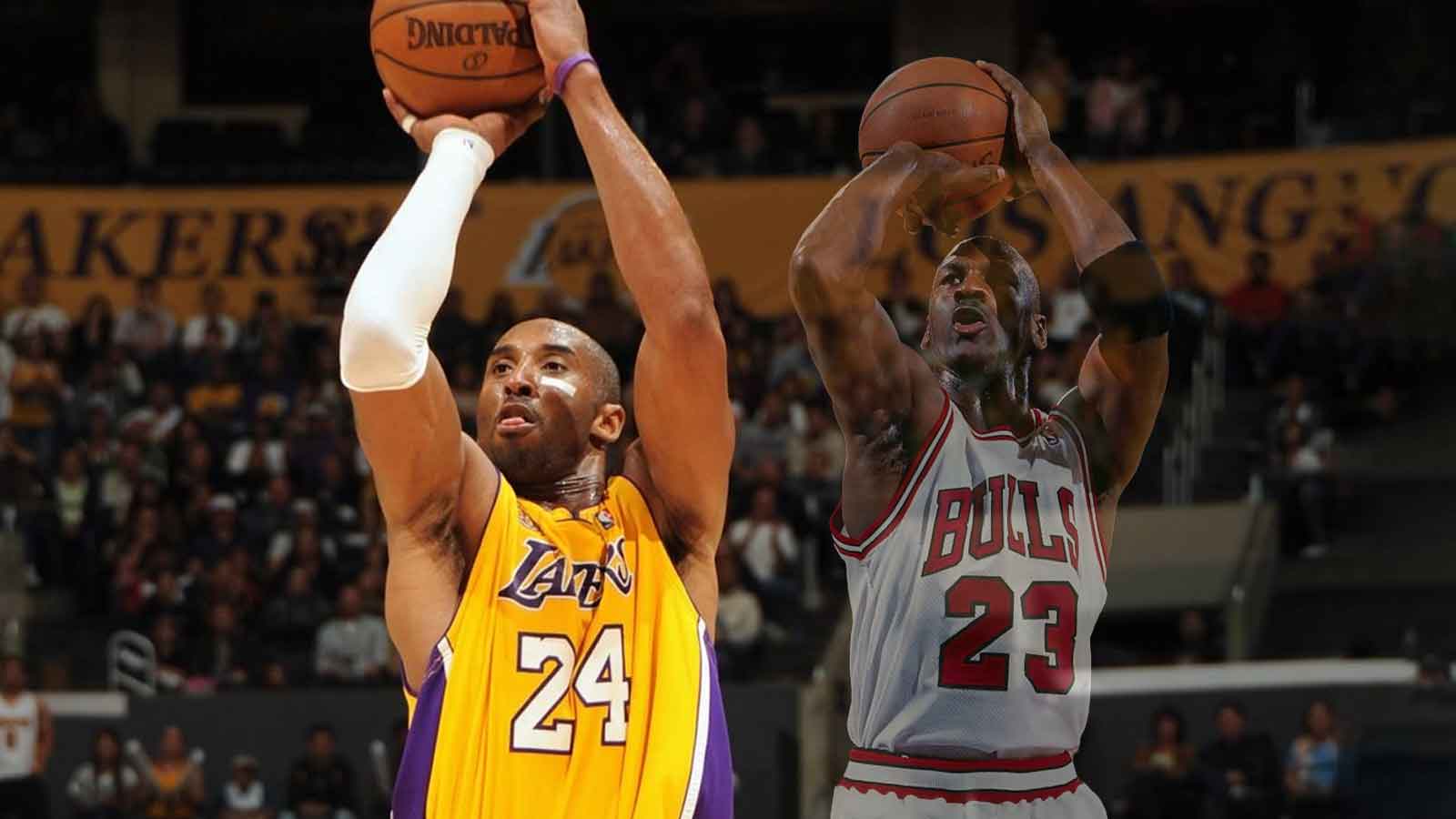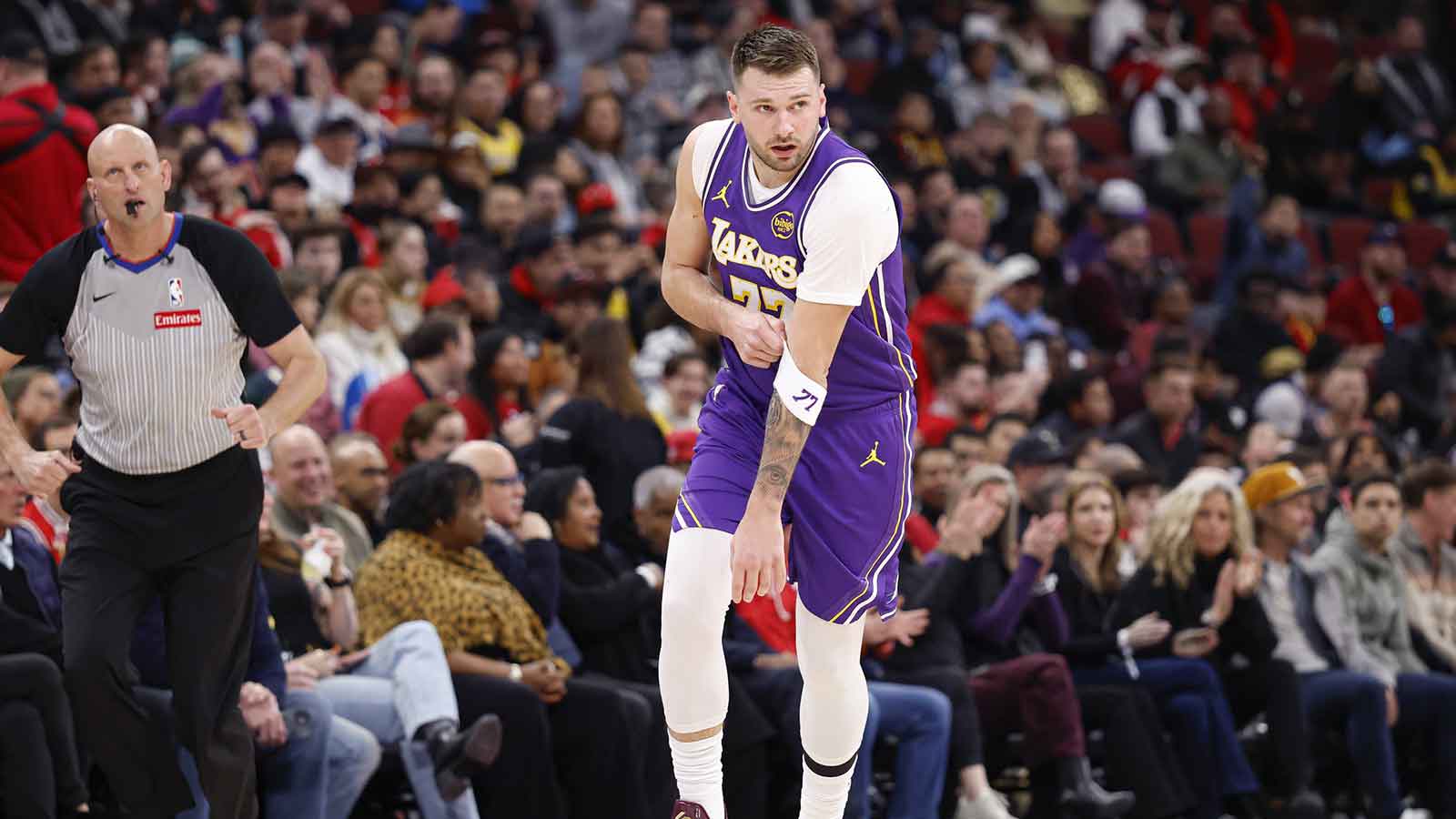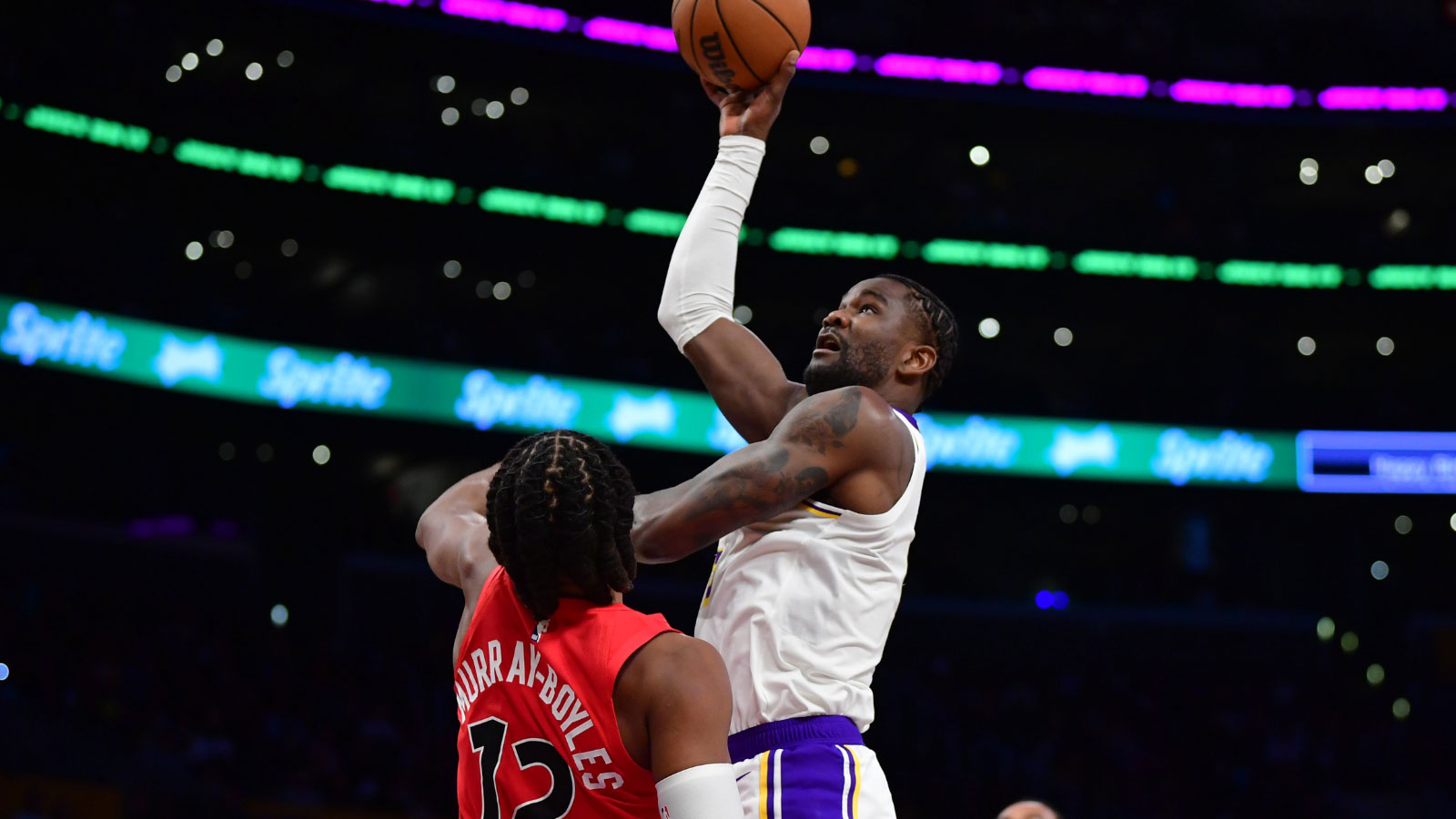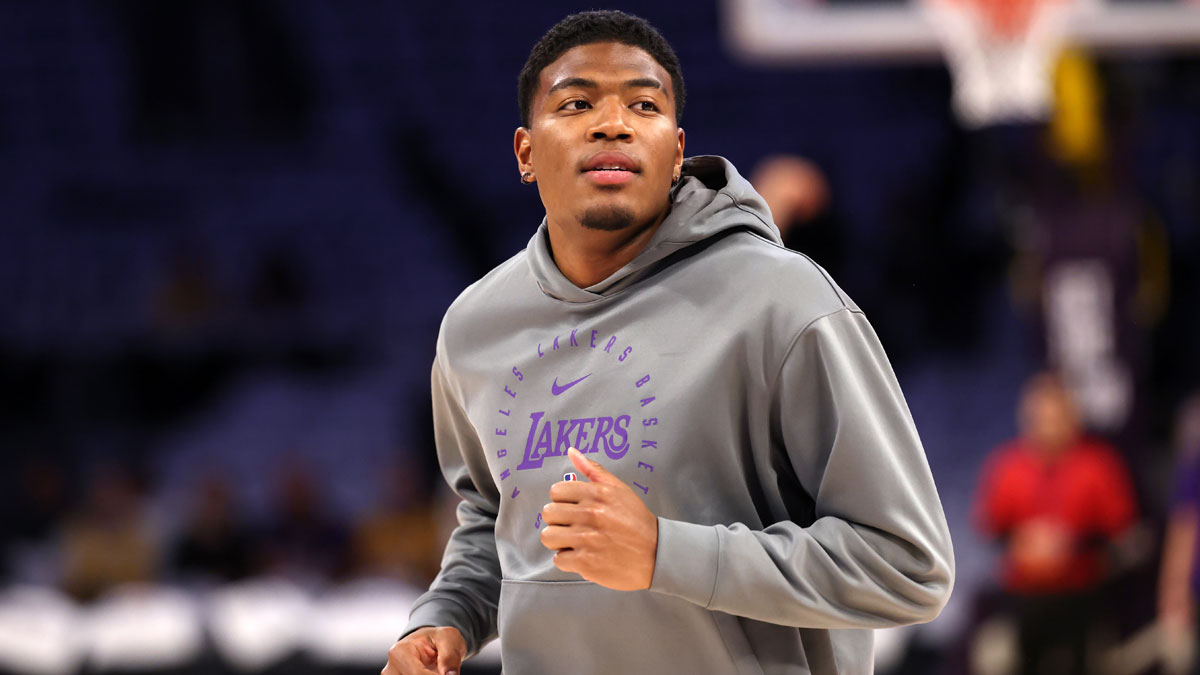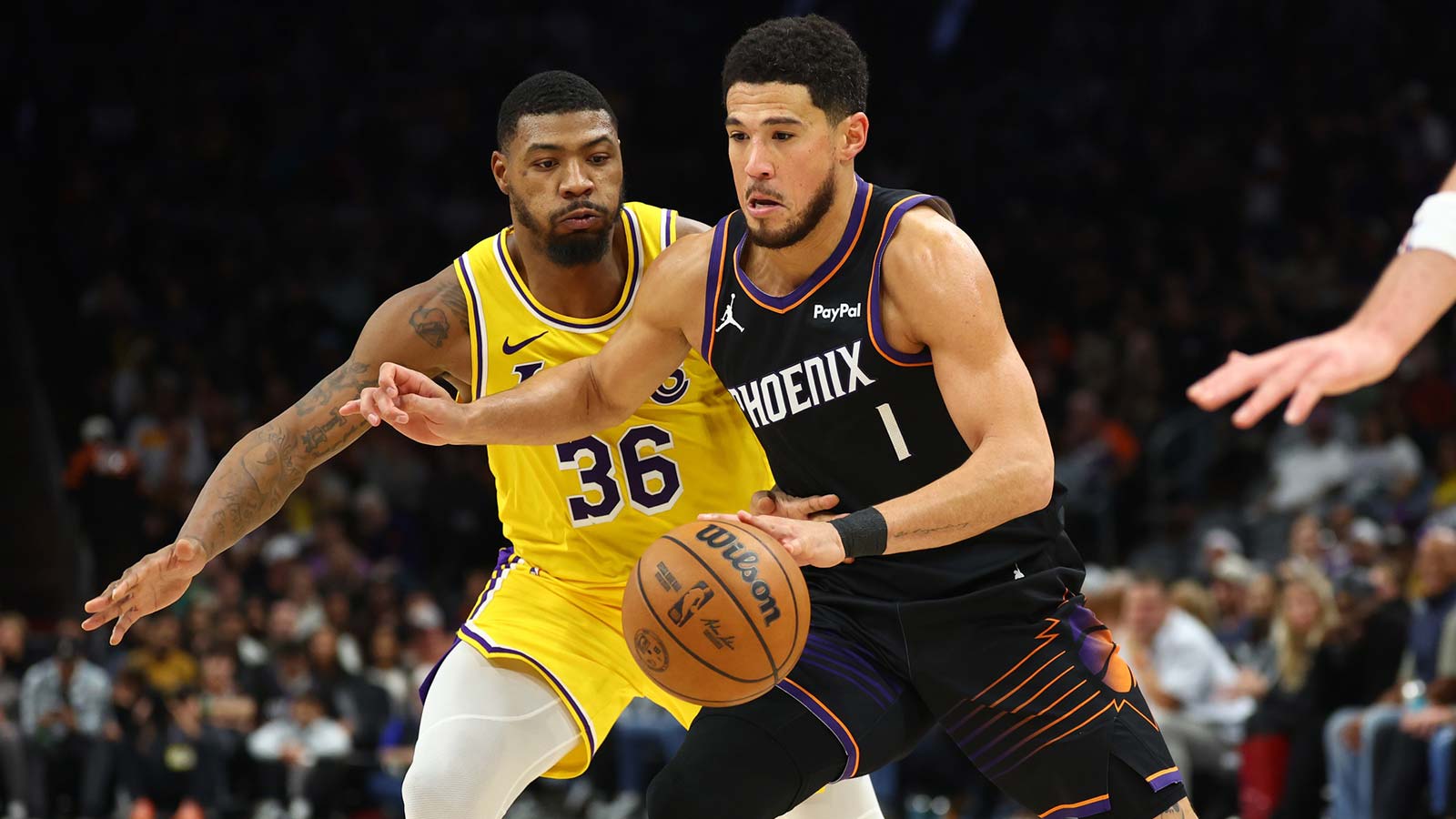In 1995, Ed O'Bannon was on top of the world. He led UCLA to a championship while playing alongside fellow stars Toby Bailey, Tyus Edney, George Zidek, Cameron Dollar, and of course, his brother Charles. O'Bannon seemed destined for a long career in the NBA after making a name for himself as a Bruin.
Unfortunately, much like a lot of collegiate basketball players come to realize, a successful career in the NBA isn't easy to come by. O'Bannon was selected 9th overall in the 1995 NBA Draft by the then-New Jersey Nets, but his stint on the next level didn't last long leading to a career of playing overseas before ultimately retiring at 32.
Now, at 45, O'Bannon has made a name for himself in a different way by being one of the few to stand up against the NCAA for using his likeness for profit. O'Bannon sued the NCAA and recently wrote a book with Michael McCann about his experience called, Court Justice.
The Los Angeles native recently spoke with ClutchPoints about his new book, Court Justice, as well as a number of other topics including the debate about paying college athletes, LaVar Ball's ordeal with UCLA, Lonzo Ball's potential in the NBA, and the myth about a 17-year-old Kobe Bryant torching members of his championship team back in 1996.
What motivated you to put together Court Justice together with Michael McCann?
Ed O'Bannon: I thought it was the perfect time. I wanted to tell my story. I wanted to tell my side of this lawsuit and I wanted to put on paper what I saw through my lens and my feelings. And I also wanted to share my family's feelings and share what they went through.
How has the NCAA lawsuit impacted your life?
EO: I don't know that it has, to be honest with you. And that's a credit to my family. I told them when we started, I was going to do everything I could to keep our lives on track and not get bogged down and overwhelmed by this lawsuit.
I let them know that I wanted them to help me do that and they did. Credit to them. I never brought my work home. If you were in my house during this whole lawsuit, you would have absolutely no idea that this lawsuit existed. That's how we kept going.
Do you expect the NCAA to eventually implement a system to pay college athletes?
EO: Yeah, I think it will happen. Right now, I feel like the college game is at a crossroads. Leading up to this, there has been a lot of speculation and rumors on what goes on behind closed doors or under the table when it comes to paying athletes and that sort of thing. Now the curtain has been pulled back.
So what do we do? How do we fix it? I think with this book [Court Justice], we talk about a few of those things. How it can be fixed, etc. We've come to a crossroads and it's one way or the other.
What do you think about the situation with Sean Miller, Arizona, and all these scandals coming out?
EO: It doesn't surprise me that it has come out. One would think that it happens. Everybody doesn't pay their players like allegedly Arizona does I guess, but nonetheless, if it happens, sooner or later it will come out.
It doesn't surprise me. It's unfortunate, but it doesn't surprise me.
What's the most amount of money that you've heard or you've known that a player has gotten to play college basketball?
EO: Man, I don't know. I've heard some players are getting $250,000, and that's the funny thing about it. The weird thing, the crazy thing is the money that these kids allegedly have taken. $100 grand. $75 grand. That seems a little low if I'm doing it.
Considering the risk?
EO: Yeah, I mean, look, I've heard rumors of up to $250-300 grand. $375 grand. And the fact that these allegations are $75 grand or $100 grand.
I don't know who is doing it. You just know that it is getting done.
So you do feel that college athletes need to be paid or should be paid?
EO: Yeah. Absolutely! We talk about it in my book [Court Justice]. That's exactly how I feel. They earn hundreds of millions of dollars or billions of dollars. Contracts are through the roof and they don't get paid. Absolutely I believe they should get paid.
How is your relationship now with UCLA after NCAA lawsuit?
EO: Last I checked, it's good.
LaVar Ball, you can take him one-on-one at this age, right?
EO: [Laughs] I guess. I don't know. I just had knee replacement, so he might be able to take me. I don't know, I'm sure I could, but I did have knee replacement [laughs].
What are your thoughts on LaVar Ball and pulling his kids out of UCLA to play overseas?
EO: Look, I love the fact he taken his kids' likeness in his own hands. He absolutely has that right. Going to Lithuania, I wouldn't say that it is a mistake but that's a huge leap. I played ball overseas, so I know that it is a hard life and I was an adult. I couldn't imagine dropping out of high school and going out there.
That might be a little tough, but I love the fact that he's actually controlling their likeness and he's doing what he wants.
You said that life is kind of rough playing overseas. Can you elaborate on that?
EO: Just the fact that you are in a completely different country. You're not over there playing in one game. Staying in a hotel and playing one game then leaving. You actually have to live out there. That's finding housing accommodations. That's shopping and in Europe, in most cases, you shop daily. That's just how they do it.
It's about assimilating. It's about adapting to other cultures because they won't adapt to yours. I don't care how good you are. You're in their country. You live by their rules and their society's rules.
For some people, that's easy. They can do that. Some people are torn. I imagine being away from home, away from friends in a completely different country, that's not the easiest thing to do. Let me say that.
Did you ever watch Lonzo Ball while he was at UCLA? What do you think of his game and all the hype that has surrounded him?
EO: I saw a couple games, yes. I think he's a hell of a basketball player. I love his game. I would have loved to play with him. Very unselfish. Loves to run. Loves to get out in the fast break. He can shoot it. It's just ugly.
I wouldn't touch it, personally [Lonzo's shot]. He's been shooting that way his whole life. What he needs is repetition. He doesn't need someone to come in and tweak it. That's the funny thing about all of this. Leave the man alone. Let him shoot. Have him shoot a million shots and see the ball go through the net a million times. That's going to improve his jump shot. Not tweaking it. That's only going to make it worse.
I think he's a heck of a basketball player and he'll be fine.
A rumor surfaced this past year that a 17-year-old Kobe Bryant came to UCLA and dominated some of the team's best players coming off the 1995 championship season. Have you heard anything about this or did you witness it?
EO: I didn't witness it. I wasn't there. First and foremost, so I wasn't getting dominated. So let me say that. Secondly, I'm sure he had some dominating games and dominating moments.
Look [laughs], everybody goes to those games. Everybody plays in those games and everybody has those moments. Let me say that. So did he dominate? I'm sure he did, but I wasn't there. But I do know a lot of guys play well there.
So you didn't hear any of these Kobe stories from any of your old UCLA teammates?
EO: I know what you're talking about because I have been asked this question before. I had just graduated. This was after we had won the National Championship, so I was getting ready for the draft and traveling and that sort of thing.
Just a bit of a background, during the summer, every year at UCLA, guys come on campus. NBA guys. Ex-NBA guys. Future NBA guys, but they all come to UCLA and they play pickup ball. They did it before I got to UCLA and they've been doing it since.
Kobe, at the time he was 17 years old, he was coming into the league. He had a lot of hype going for him. I don't doubt that he dominated, but also, again, there were other guys that dominated as well.



